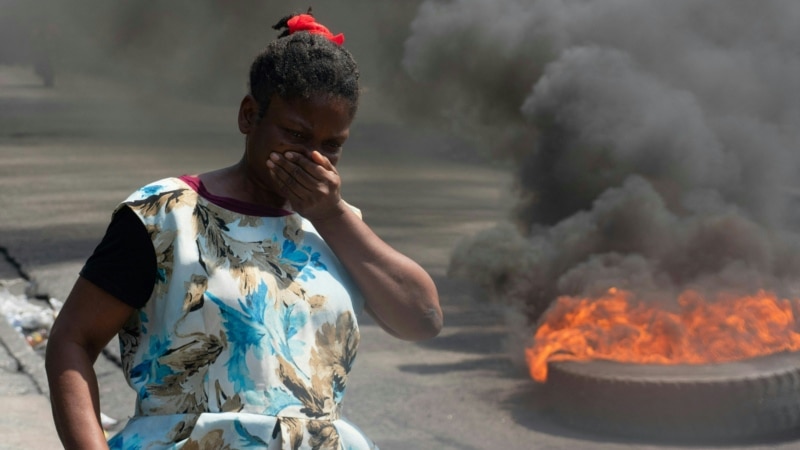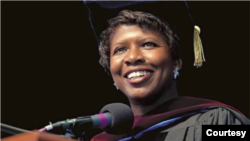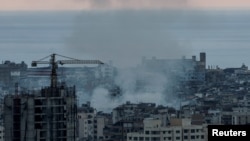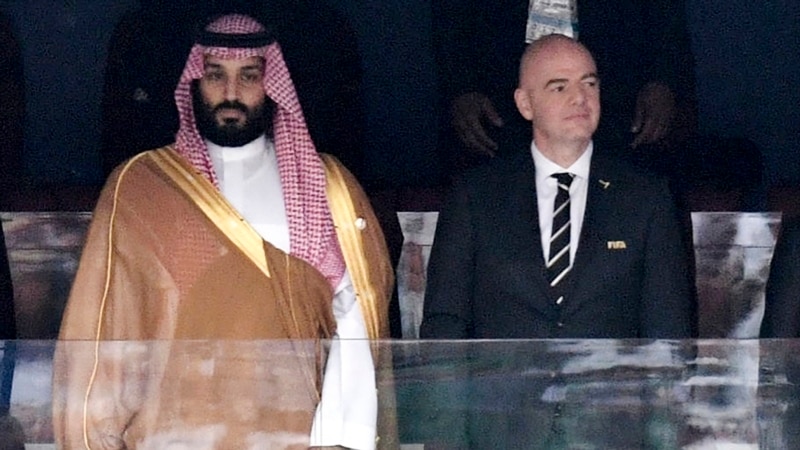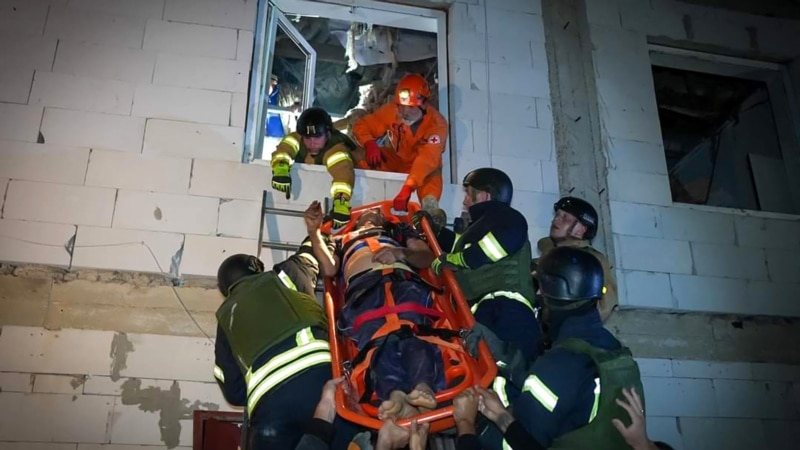Haitian leaders are rushing to meet a U.S.-imposed deadline to name the seven members of a transitional council that will take power as Prime Minister Ariel Henry steps down.
Henry resigned late Monday under pressure from the United States and the leaders of the regional body Caribbean Community, or CARICOM. The proposal for the transitional council to govern violence-plagued Haiti emerged during a meeting of CARICOM leaders in the Jamaican capital Kingston Monday.
Under the plan, the transitional council will consist of seven members, six of them representing various Haitian political coalitions and the seventh a representative from the private sector, plus two non-voting members from civil society. The council will select a new prime minister and prepare to hold the next presidential elections.
News outlets say Haitian leaders were given a 24-hour deadline to announce who would sit on the council.
“Haitians deserve a country where children can go to school and their parents know they will be safe,” CARICOM said in a statement Monday announcing the transitional government plan. “We commend the willingness and courage of Haitian stakeholders to commit to put Haiti back on a path toward democracy, stability, and prosperity.”
Henry resigned a week after his plane was forced to land in the U.S. Caribbean territory of Puerto Rico when it was denied entry into the Dominican Republic, which shares the island of Hispaniola with Haiti.
Henry had departed Haiti the week before on a mission to the South American nation of Guyana and the east African nation of Kenya to gain support for the deployment of a multinational United Nations peacekeeping force to Haiti, which has been plagued by brutal and uncontrolled gang violence in the capital, Port-au-Prince, and beyond.
The gangs used Henry’s absence to attack the National Penitentiary and another prison in Port-au-Prince, killing several people and allowing thousands of inmates to escape into the city. Gangs also staged shooting attacks on Haiti’s main airport.
Jimmy “Barbecue” Cherizier, the leader of an alliance of gangs that staged the attacks, said the gangs would not allow Henry to return to Haiti and urged him to resign.
Plans to deploy a multinational force to Haiti were dealt a blow Tuesday when Kenyan officials said the country will not send its peacekeepers to Haiti until the new interim government is in place.
Henry, a neurosurgeon by profession, has served as acting prime minister since the 2021 assassination of President Jovenel Moise plunged the Caribbean nation into chaos. He had been scheduled to step down in February, but delayed elections due to the worsening security situation and a political stalemate with opposition forces.
The violence has triggered a humanitarian crisis, displacing 360,000 Haitians and pushing millions more to the brink of starvation. Jean-Martin Bauer, the director of the World Food Program’s Haiti division, told reporters Tuesday that 4 million Haitians are dealing with food insecurity, while 1 million more are facing famine.
U.S. Secretary of State Antony Blinken pledged Monday that Washington would contribute an extra $100 million to support the U.N.-backed security force in Haiti, along with another $33 million in humanitarian aid. He made the pledge in Kingston, where he took part in the CARICOM conference.

